Today is Biological Clock Day!
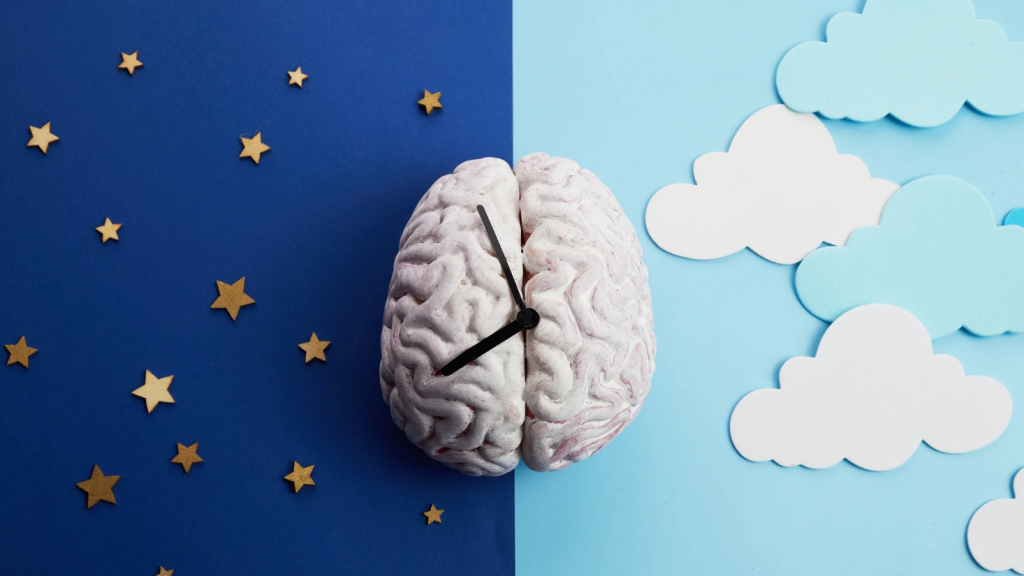
What even is a biological clock?In this day, we will delve into the complexities and correct the misconceptions surrounding this fundamental aspect of our biology.
What Is a Biological Clock?
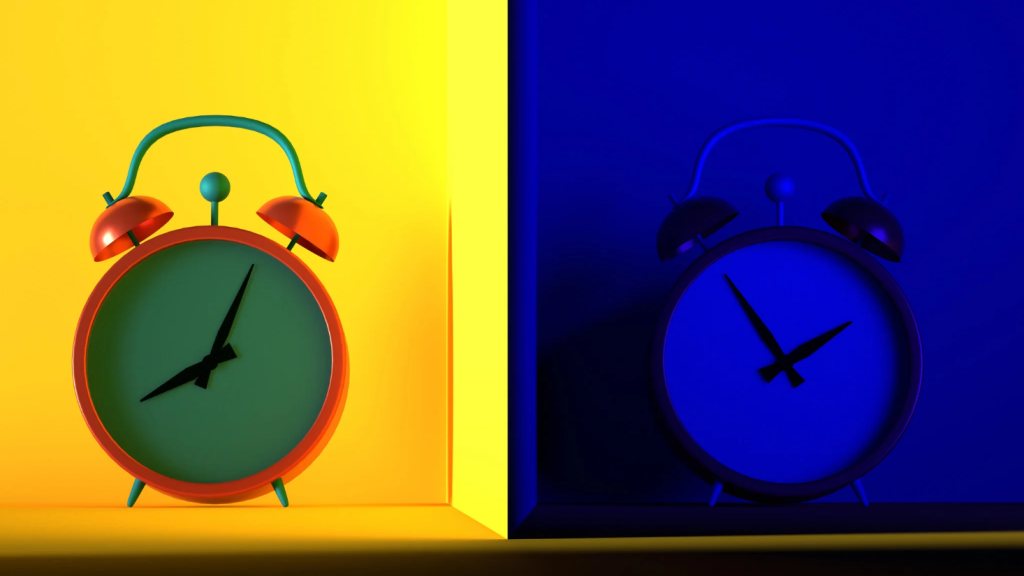
It is also known as a circadian rhythm, an internal timing mechanism that regulates various bodily functions over a roughly 24-hour cycle. It influences sleep-wake patterns, hormone release, body temperature, and other physiological processes. It was founded way back in the 1970s.
Misconceptions About Biological Clocks
The Biological Clock Is Set In Stone
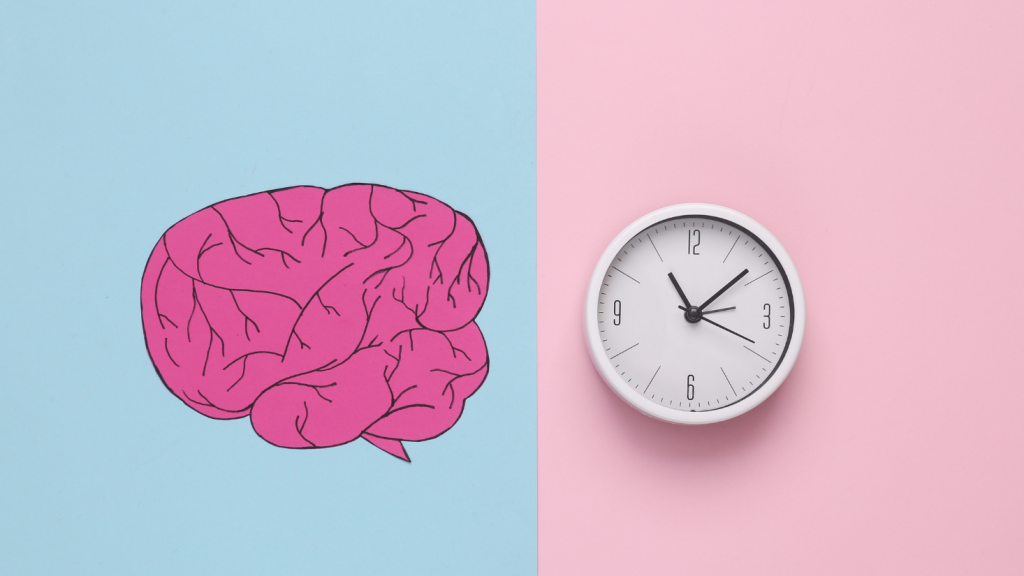
This belief has been circulating for decades. In contrast to this, the biological clock is not rigidly fixed. It can possibly be influenced by external factors including exposure to light, meal timing, and social cues. This flexibility allows us to adapt to changing environments and schedules.
Biological Clocks Are The Same
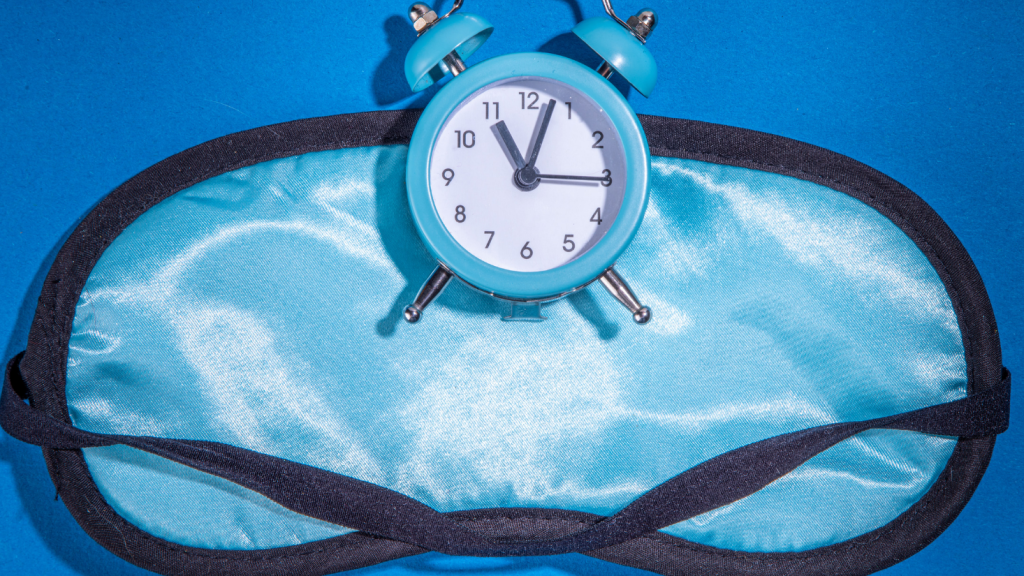
While the average biological clock is around 24 hours, individual variations actually exist. Some people prefer to wake up early and feel most alert and lively in the morning, while others function better later in the day. These differences can be influenced by genetics, age, and lifestyle.
Biological Clocks Can’t Be Reset

Although it may take time, it is possible to reset your biological clock through strategic interventions. Gradually adjusting sleep and wake times, maintaining a consistent schedule, and maximizing exposure to natural light during the day can help realign your internal clock with your desired schedule.
Facts About Biological Clocks
Biological Clocks’ Key Regulator Is Light
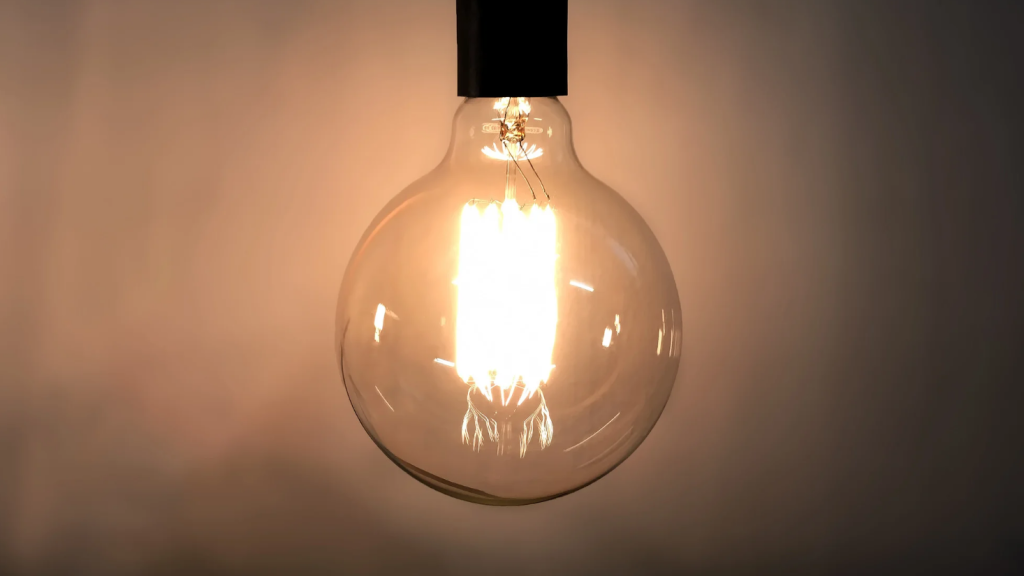
Light is the primary cue that synchronizes the biological clock with the external world. Exposure to it helps reset our internal clock and promote alertness in the day.
Disruption Can Have Consequences

Disrupting the biological clock, such as through shift work, jet lag, or irregular sleep schedules, can have adverse effects on health and well-being. Chronic disruptions have been linked to sleep disorders, mood disturbances, impaired cognitive function, and others.
Biological Clock Evolves
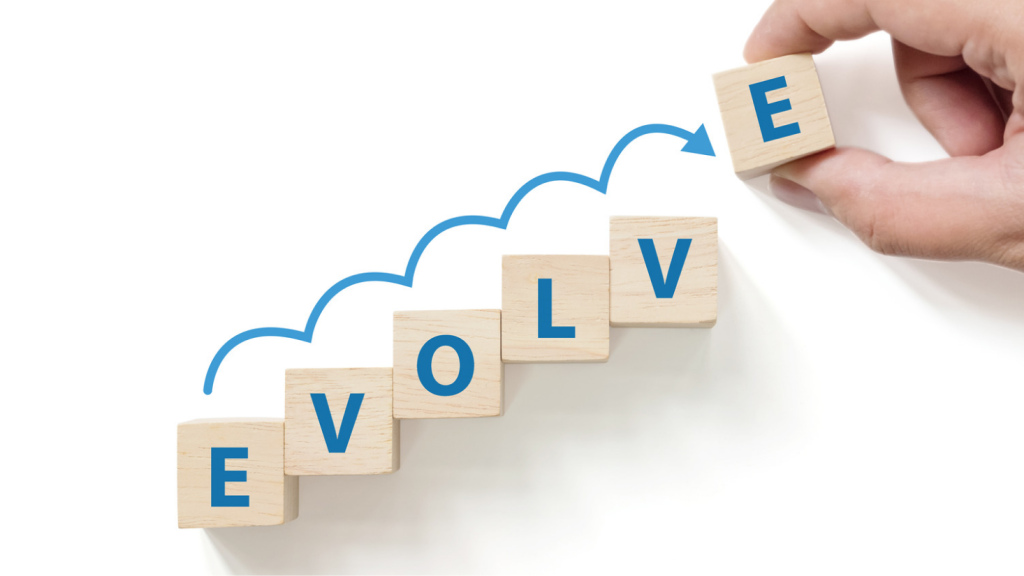
Our biological clock evolves throughout our lives, with notable changes occurring during infancy, adolescence, and older adulthood. Understanding these developmental shifts can help optimize health and well-being at different stages of life.
To sum it all up, this day serves as a reminder for everyone to educate themselves about the intricacies of our internal timing systems. There are many misconceptions revolving around so it is better to feed yourself with knowledge about this.
By embracing our circadian rhythm and adopting healthy sleep habits, we can optimize our physical and mental health for a fulfilling life.


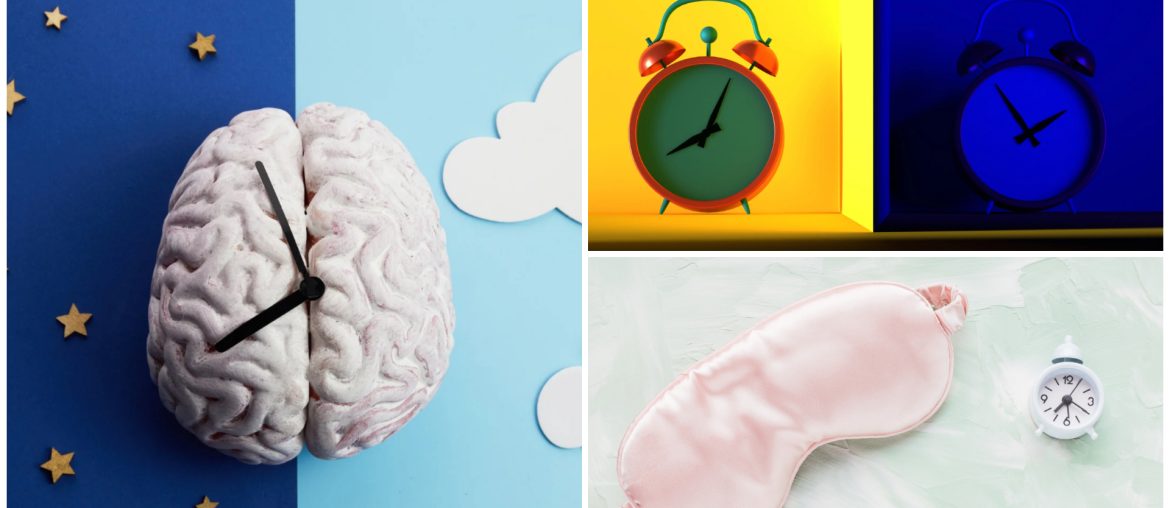
Comments are closed.